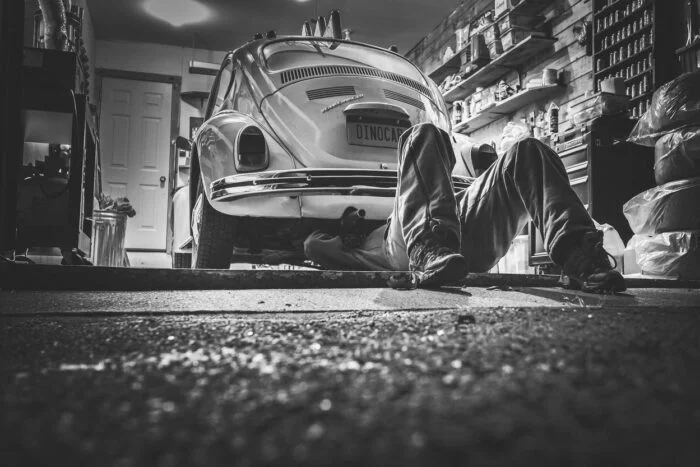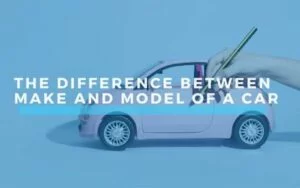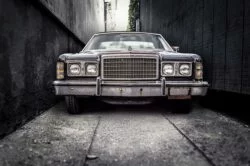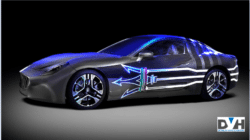As a car manufacturer will you allow your reputation to be dragged to mud as a company producing unsafe cars and car parts?
Assuming you are a member of a government vehicle regulatory agency will you allow your citizens to ply their trade in unsafe vehicles? Or ignore their complaints regarding the unsafe condition of a car or some part of the car?
If you answered No to the above questions then, it’s more likely that you will understand what a vehicle recall is and why it is necessary.
The National Traffic and Motor Vehicle Safety Act gives the National Highway Traffic Safety Administration (NHTSA) the authority to issue vehicle safety standards and to require manufacturers to recall vehicles that have safety-related defects or do not meet Federal safety standards.
Since the Act was enacted in 1966, NHTSA has recalled more than 600 million cars, trucks, buses, recreational vehicles, motorcycles, and mopeds, as well as 46 million tires, 66 million pieces of motor vehicle equipment, and 42 million car seats due to safety defects
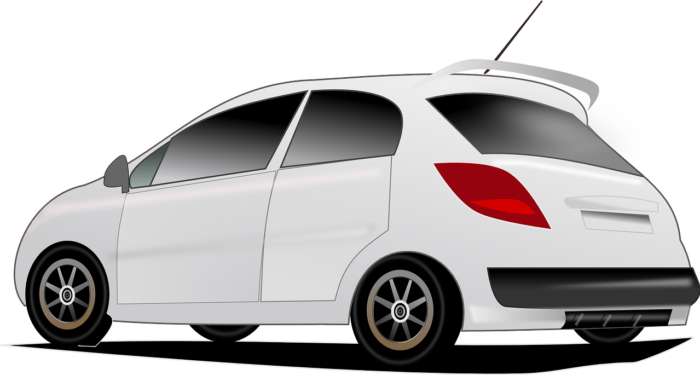
What is Vehicle Recall and Why is it Important?
A Vehicle recall is a decision usually made by the manufacturers or NHTSA to call back a vehicle or group of vehicles with defective parts to the manufacturer for immediate repair or replacement.
This usually happens when the vehicle manufacturer or the NHTSA finds a vehicle or a particular part of a vehicle to be below the proper standard of road worthiness and safety.
It is important that manufacturers voluntarily conduct a recall, otherwise they may have NHTSA looking over their shoulders.
Another important reason why vehicle recalls are conducted is to bring the defective vehicle(s) or part(s) to standard, and ensure the automobile in question is road worthy.
Detailed Vehicle History (DVH) provides you with a system that can give you the recall information about any vehicle as posted by the manufacturer even before it can appear in the NHTSA website.
Simply use your 17 digit VIN number and find out the recall information about your vehicle, remember, to stay safe you will need up to date information about the safety condition of your vehicle and we can provide you with that information.
When can a Recall be Issued?
They say “A man with a hunchback does not know what his back looks like, only those who can see his back will tell” and yes, a car might have been tested extensively by the manufacturer, but until it is put into a real life situation will the manufacturer truly understand its faults.
Hence a recall may be made based on complaints received by manufacturers from owners or users of that car(s) in question.
DID YOU KNOW?
Between 2013 to 2016 ford issued and recalled over 550,000 ford fusion, but why? These vehicles were found to have transmission problems, users complained that when they park the car, they can see that the car is parked on the dashboard, but nonetheless the car is still geared, posing serious safety concerns to all users of the vehicle. This year (2021) the Takata recall rocked the automotive industry.
In a subsequent article we will see the various lessons learned from the Takata recall.
The recall chain reaction can start from either from the manufacturer or NHTSA, in this example we are going to start from the manufacturer.
If the manufacturer finds out about a fault within a vehicle, the manufacturer will notify the registered owners of the said vehicle(s) or model(s), within the first 2 months of notifying the NHTSA of the recall decision, it is also expected that the manufacturer offers a proper remedy to the owner of that vehicle.
NHTSA monitors the recall process and ensures that vehicle owners will receive proper, safe and free effective remedies from the recalling manufacturer. To check if your vehicle is affected, you can search for vehicle recalls by VIN.
How to know if your Vehicle Needs a Recall
If you are a registered vehicle owner, you will receive a mail, and you are expected to follow the instructions provided, you may be directed to a local dealership to get the issue fixed up.
Note, no one pays for any changes made to your vehicle during recalls, the manufacturer bears the cost, sometimes a manufacturer may be required to buy back a vehicle.
Additionally, here at Detailed Vehicle History we provide a means of checking your vehicle recall history, simply by running a VIN check with us, we can give you all the detailed vehicle history report that you need.

